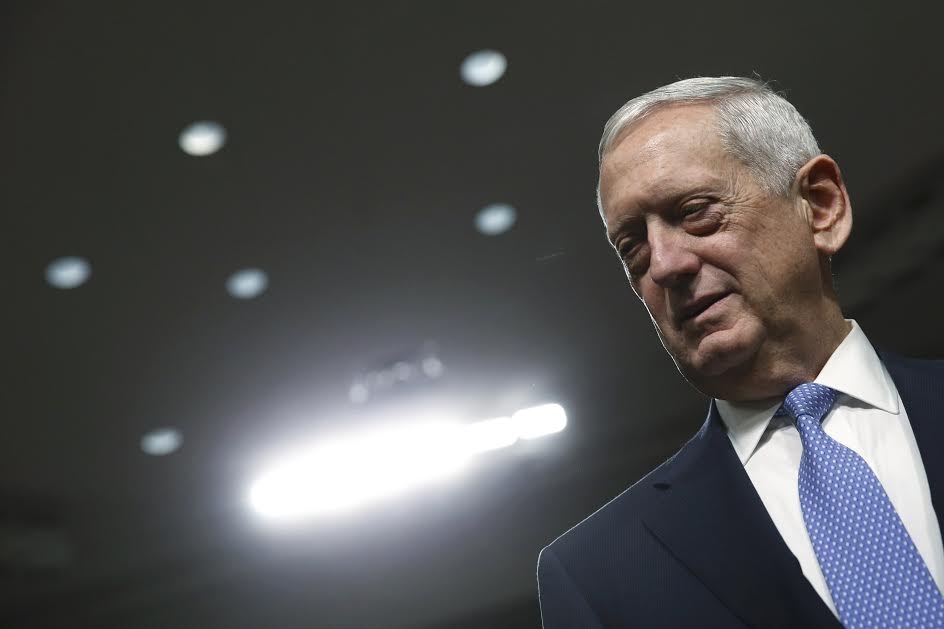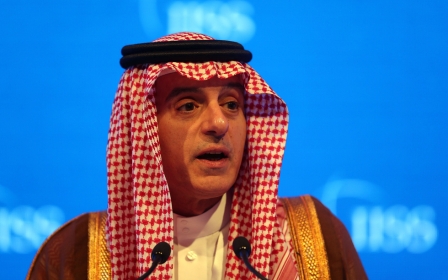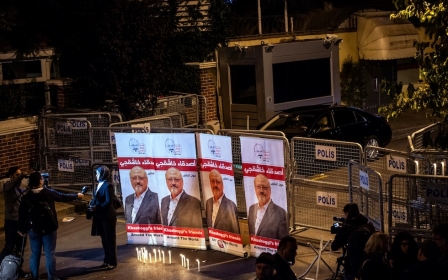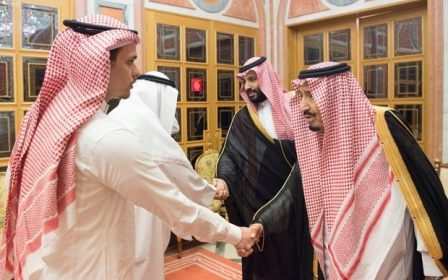Khashoggi killing undermines regional stability of Middle East, Mattis says

US Defence Secretary Jim Mattis said on Saturday that the killing of Saudi journalist Jamal Khashoggi undermined Middle Eastern stability and that Washington would take additional measures against those responsible.
Washington Post columnist Khashoggi's murder has escalated into a crisis for the world’s top oil exporter. Saudi Arabia's allies have reacted with outrage towards a country that is the lynchpin of a US-backed regional bloc against growing Iranian influence in the Middle East, Reuters said.
US President Donald Trump has said he wants to get to the bottom of the case, while also highlighting Riyadh's role as an ally against Tehran and Islamist militants, as well as a major purchaser of US arms.
"With our collective interests in peace and unwavering respect for human rights in mind, the murder of Jamal Khashoggi in a diplomatic facility must concern us all greatly," Mattis told a conference in Manama, Bahrain.
"Failure of any one nation to adhere to international norms and the rule of law undermines regional stability at a time when it is needed most," Mattis said. He did not mention de facto Saudi ruler Crown Prince Mohammed bin Salman by name at any point.
Once an insider in Saudi royal circles, Khashoggi fell out of favour with the monarchy after bin Salman was named heir to the throne last year.
The columnist went into self-imposed exile in the United States, where he wrote a column for the Washington Post, which was often critical of the crown prince.
Khashoggi was last seen entering the Saudi consulate in Istanbul on 2 October to complete paperwork for his marriage to his Turkish fiancee, Hatice Cengiz.
Sources have told MEE that Khashoggi was tortured, murdered and dismembered by a hit squad of 15 Saudis sent to Istanbul to kill him.
Cengiz has demanded the punishment of everyone involved in his murder "from the highest to the lowest levels," AFP news agency reported.
While these were some of the sharpest comments Mattis has made on the Khashoggi killing, he also said the two countries still needed to collaborate on stability in the region.
In his remarks at the Manama Dialogue security conference, Mattis went through a list of what he described as disruptive Iranian behaviour - a message most Gulf allies will view positively since they share similar concerns about Iran's increasing influence in Syria and Iraq.
"It's hard to imagine that this administration in particular is going to change fundamentally how it views the role of the Saudis in terms of counterterrorism, in terms of counter-Iran," said Dennis Ross, who served as top Middle East adviser to President Barack Obama in his first term.
Mattis told the forum: "We will maintain our 'twin imperatives,' as stated by Secretary of State [Mike] Pompeo, of protecting America and holding accountable those responsible for this murder."
In response to the killing, Pompeo this week announced moves against 21 Saudis either to revoke their visas or make them ineligible for US visas after the Khashoggi killing.
"Our secretary of state ... will be taking additional measures as the situation is clarified," Mattis said
Middle East Eye propose une couverture et une analyse indépendantes et incomparables du Moyen-Orient, de l’Afrique du Nord et d’autres régions du monde. Pour en savoir plus sur la reprise de ce contenu et les frais qui s’appliquent, veuillez remplir ce formulaire [en anglais]. Pour en savoir plus sur MEE, cliquez ici [en anglais].




